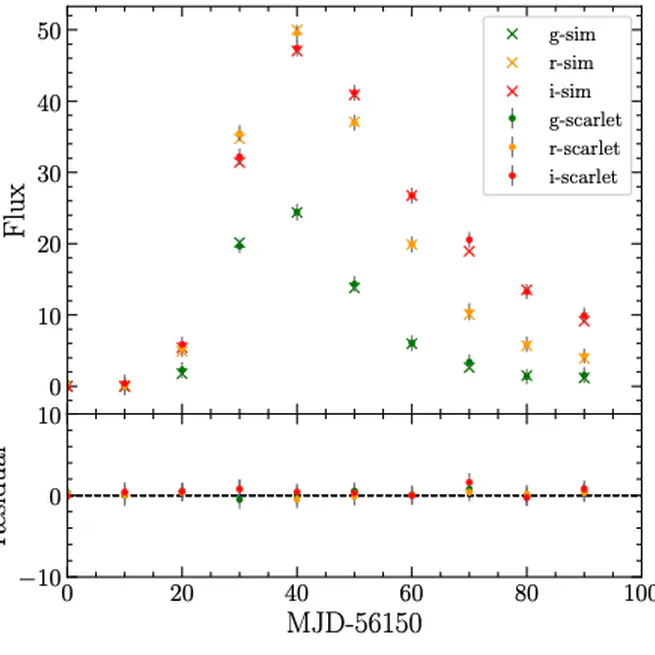
Many science cases for wide-field time-domain surveys rely on accurate identification and characterization of the galaxies hosting transient and variable objects. In the era of the Legacy Survey of Space and Time (LSST) at the Vera C.
Sep 1, 2024
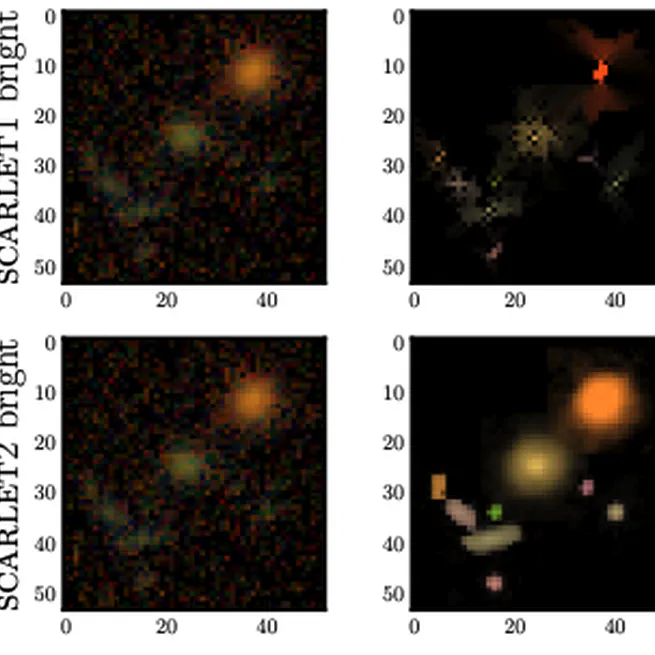
We present the implementation of a score-matching neural network that represents a data-driven prior for non-parametric galaxy morphologies. The gradients of this prior can be included in the optimization routine of the recently developed multi-band modeling framework Scarlet2, a redesign of the Scarlet method currently employed as deblender in the pipelines of the HyperSuprimeCam survey and the Rubin Observatory.
Feb 1, 2024
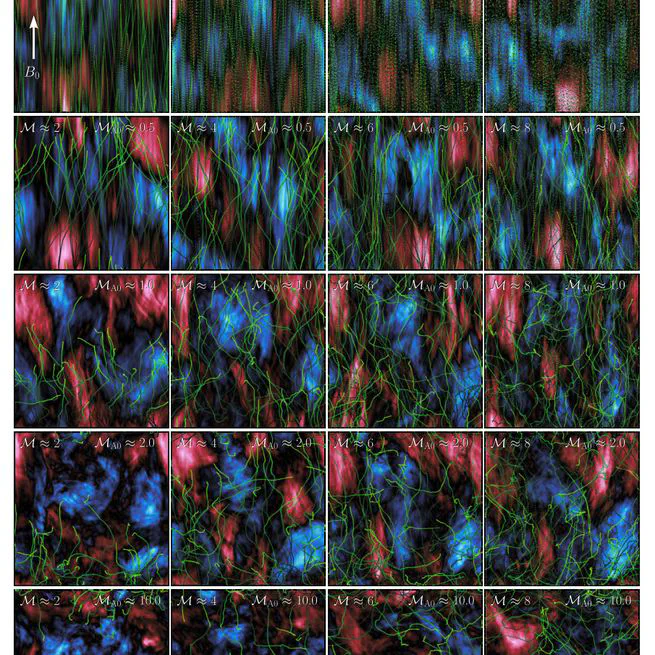
ML Sampson, JR Beattie, MR Krumholz, RM Crocker, C Federrath, A Seta (2023) Cosmic rays (CRs) are a dynamically important component of the interstellar medium (ISM) of galaxies. The ∼GeV CRs that carry most CR energy and pressure are likely confined by self-generated turbulence, leading them to stream along magnetic field lines at the ion Alfvén speed.
Aug 1, 2023
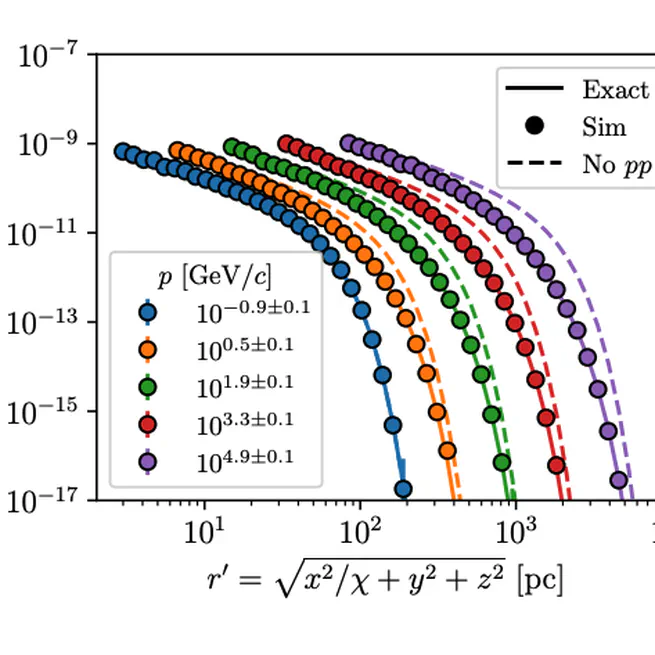
We present criptic, the Cosmic Ray Interstellar Propagation Tool using Itô Calculus, a new open-source software package to simulate the propagation of cosmic rays through the interstellar medium and to calculate the resulting observable non-thermal emission.
Oct 1, 2022
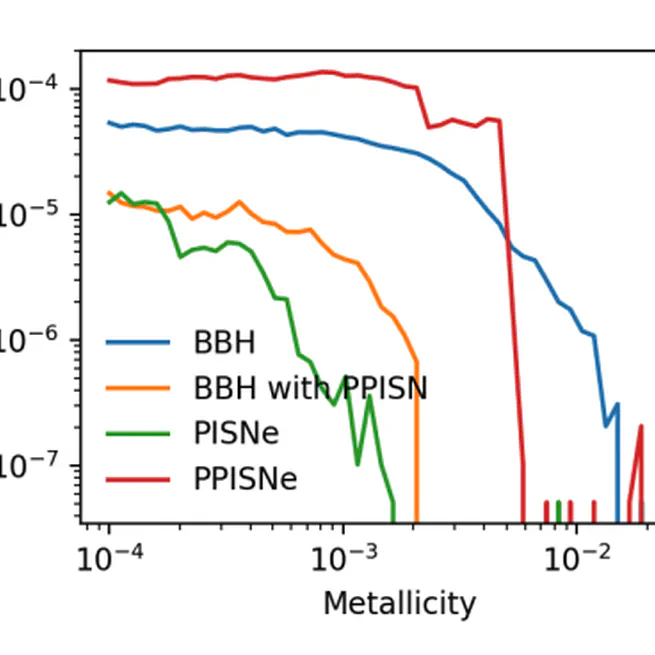
A population of binary black hole mergers has now been observed in gravitational waves by Advanced LIGO and Virgo. The masses of these black holes appear to show evidence for a pileup between 30 and 45 M⊙ and a cutoff above ∼45 M⊙.
Aug 1, 2019